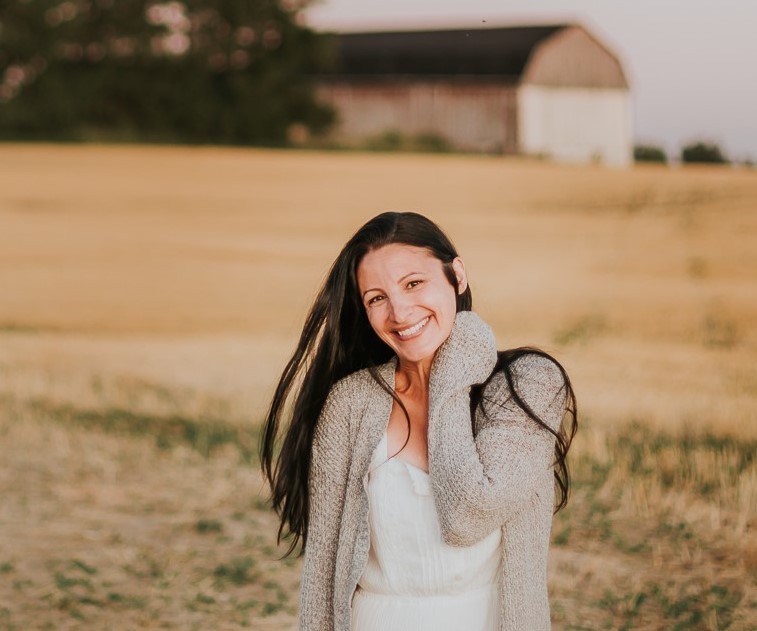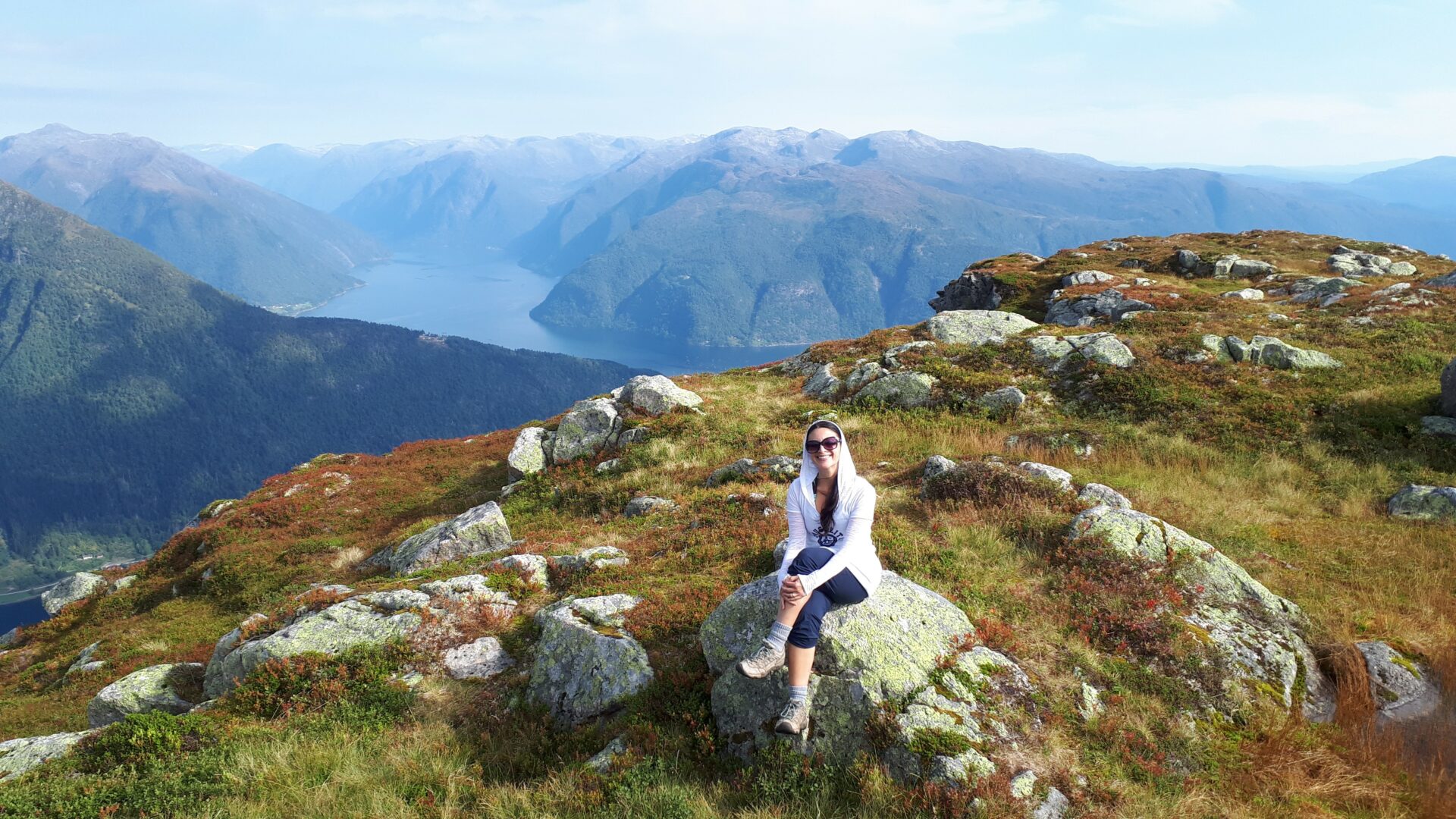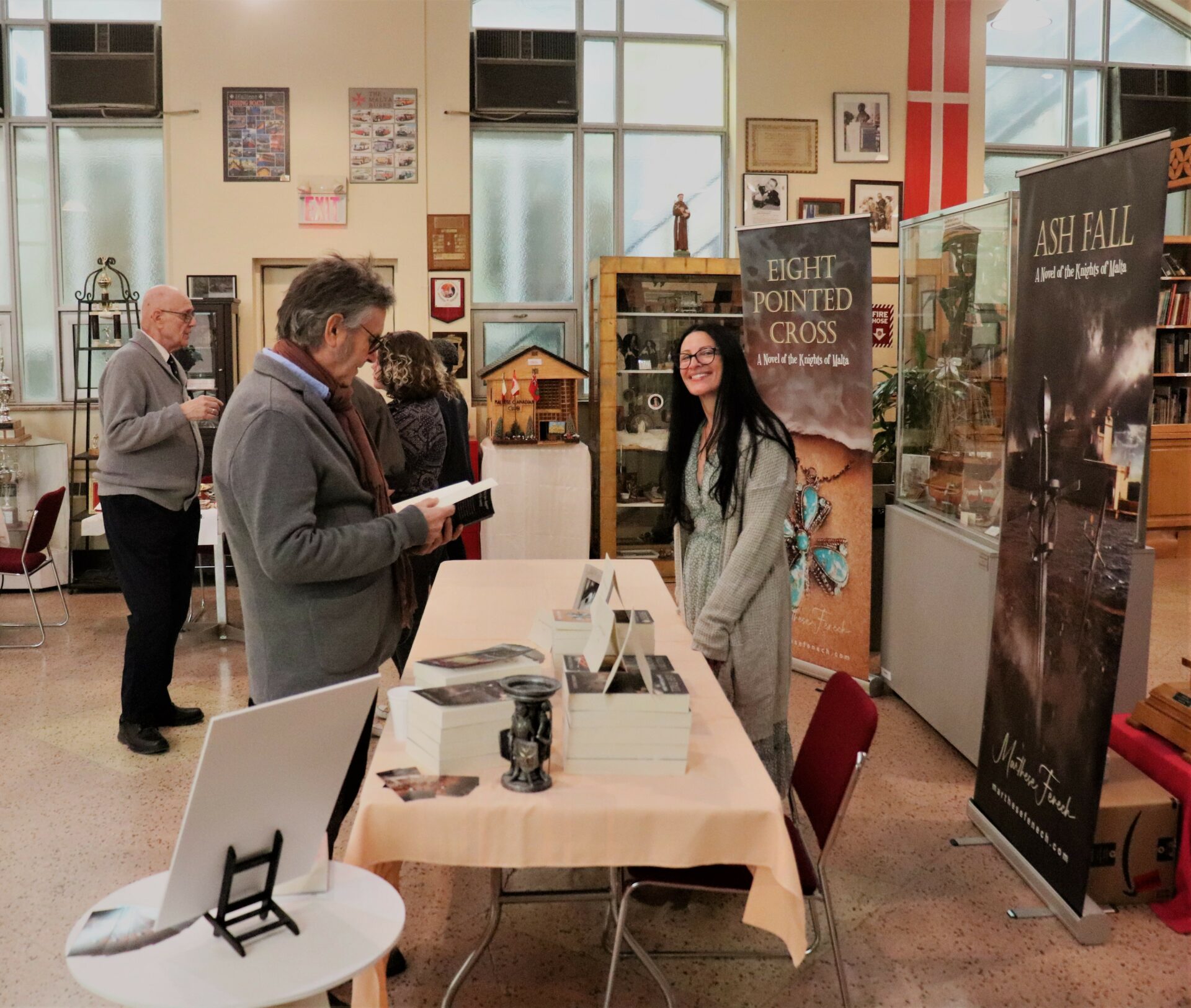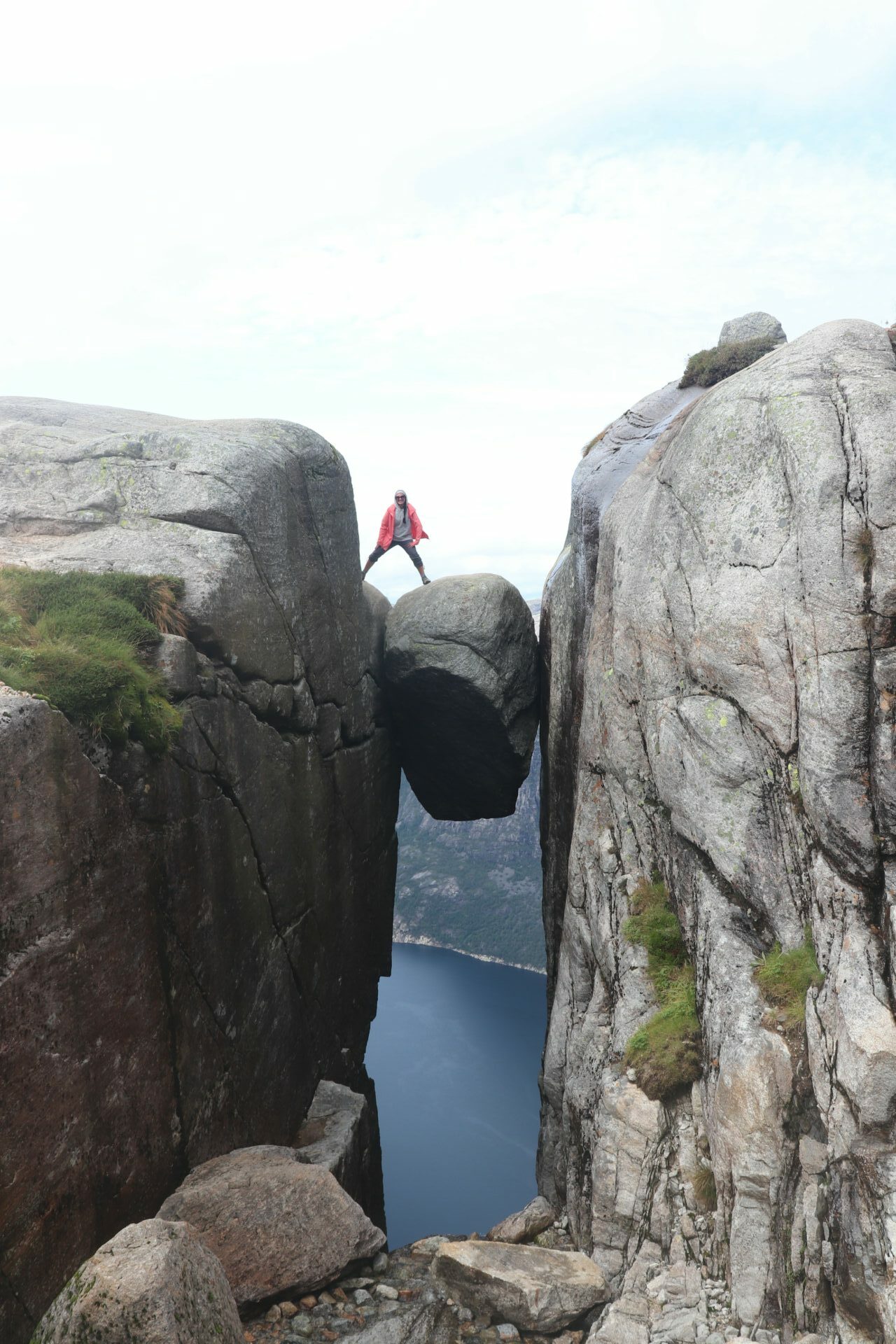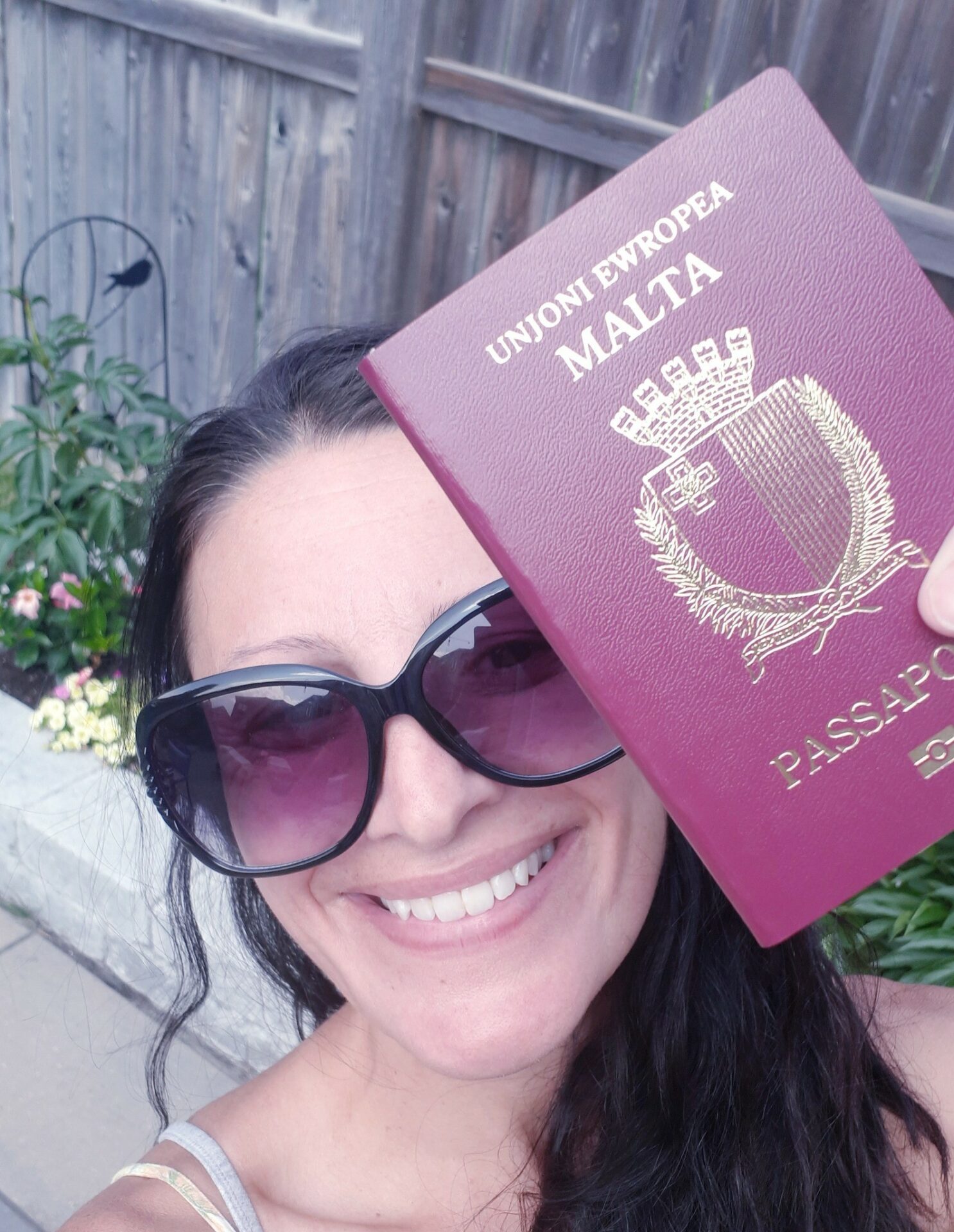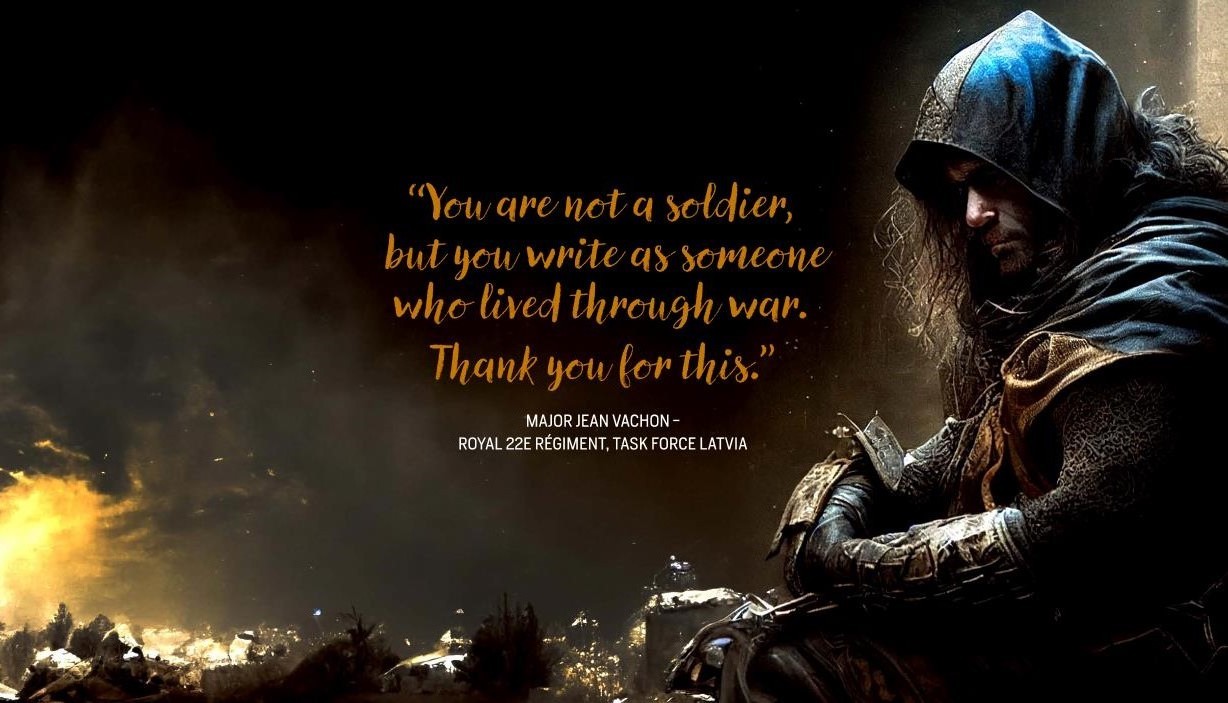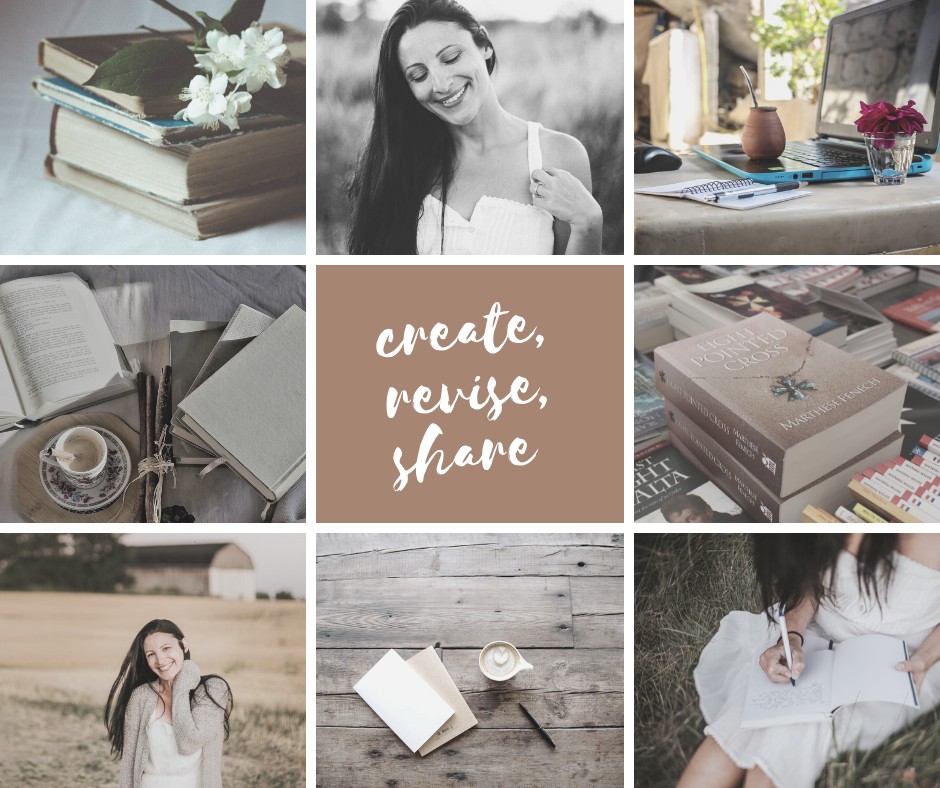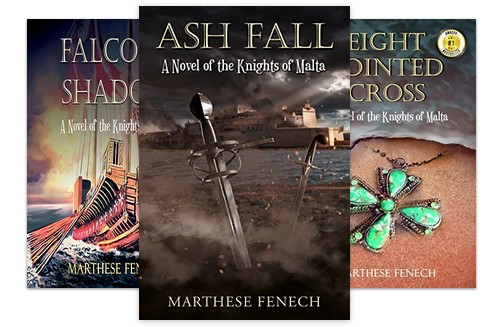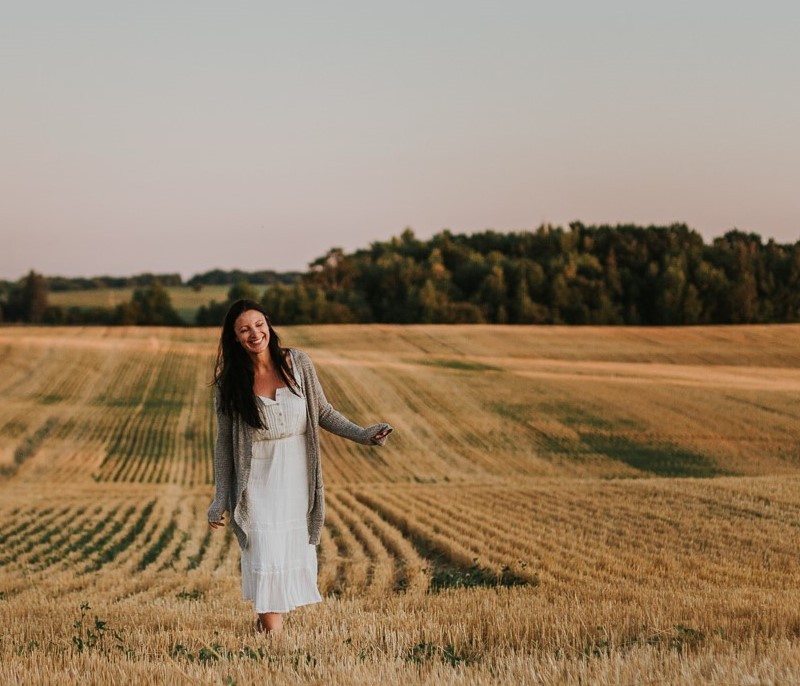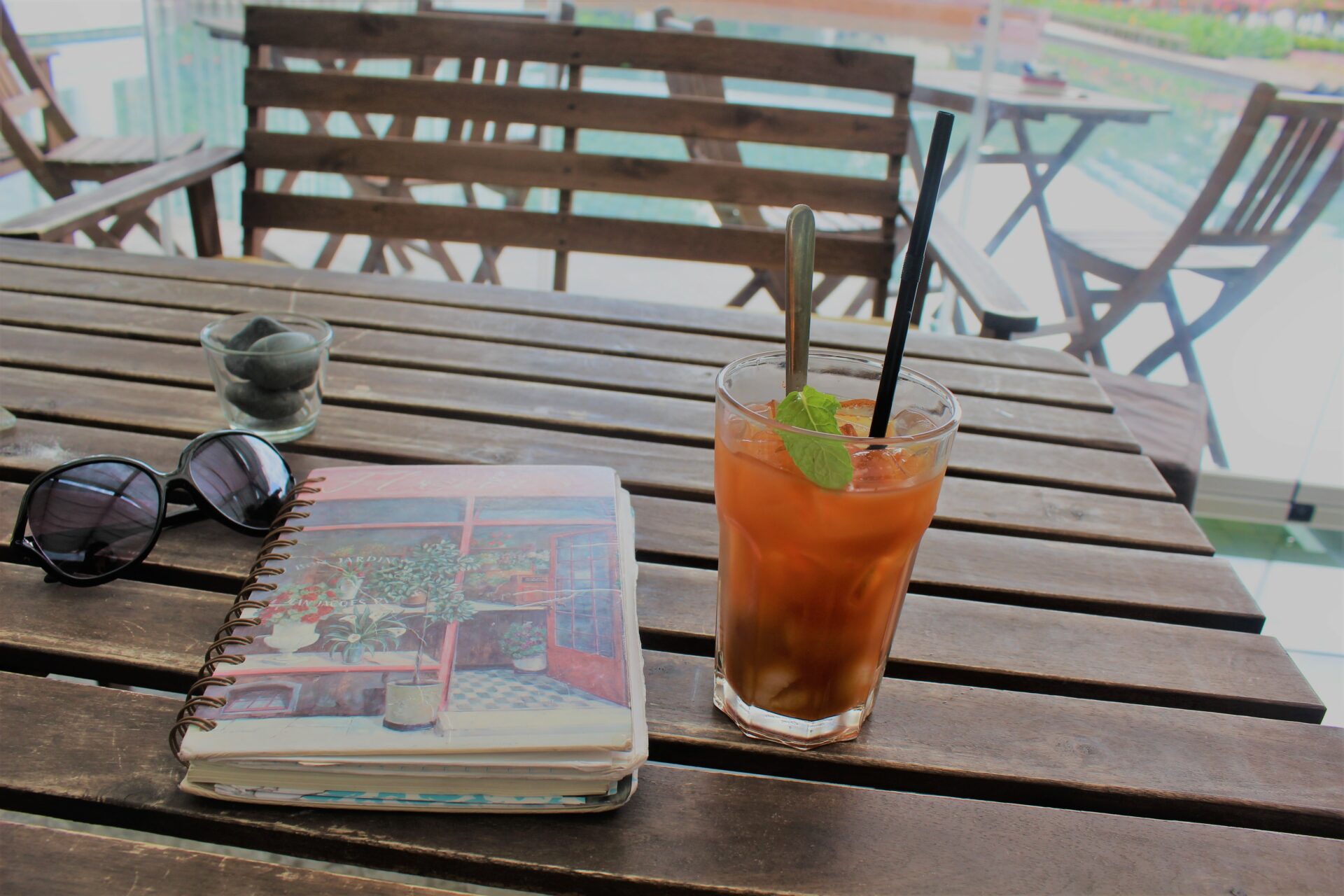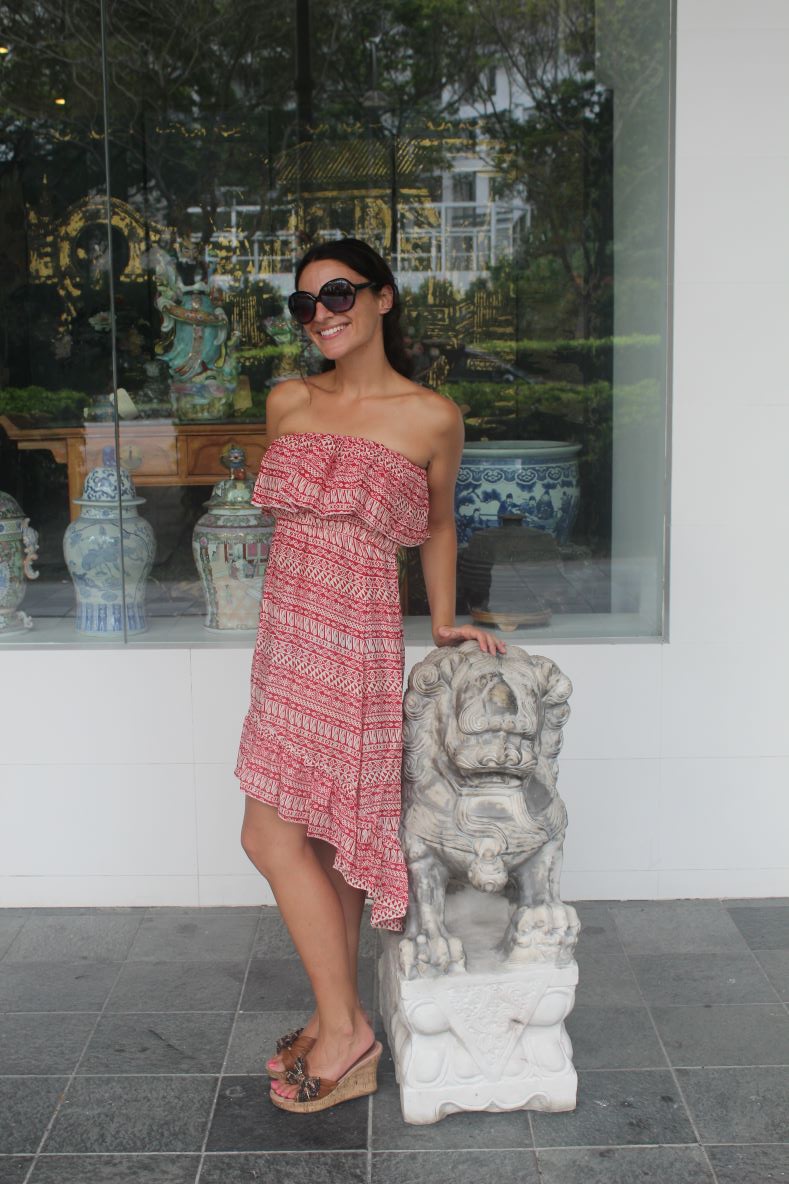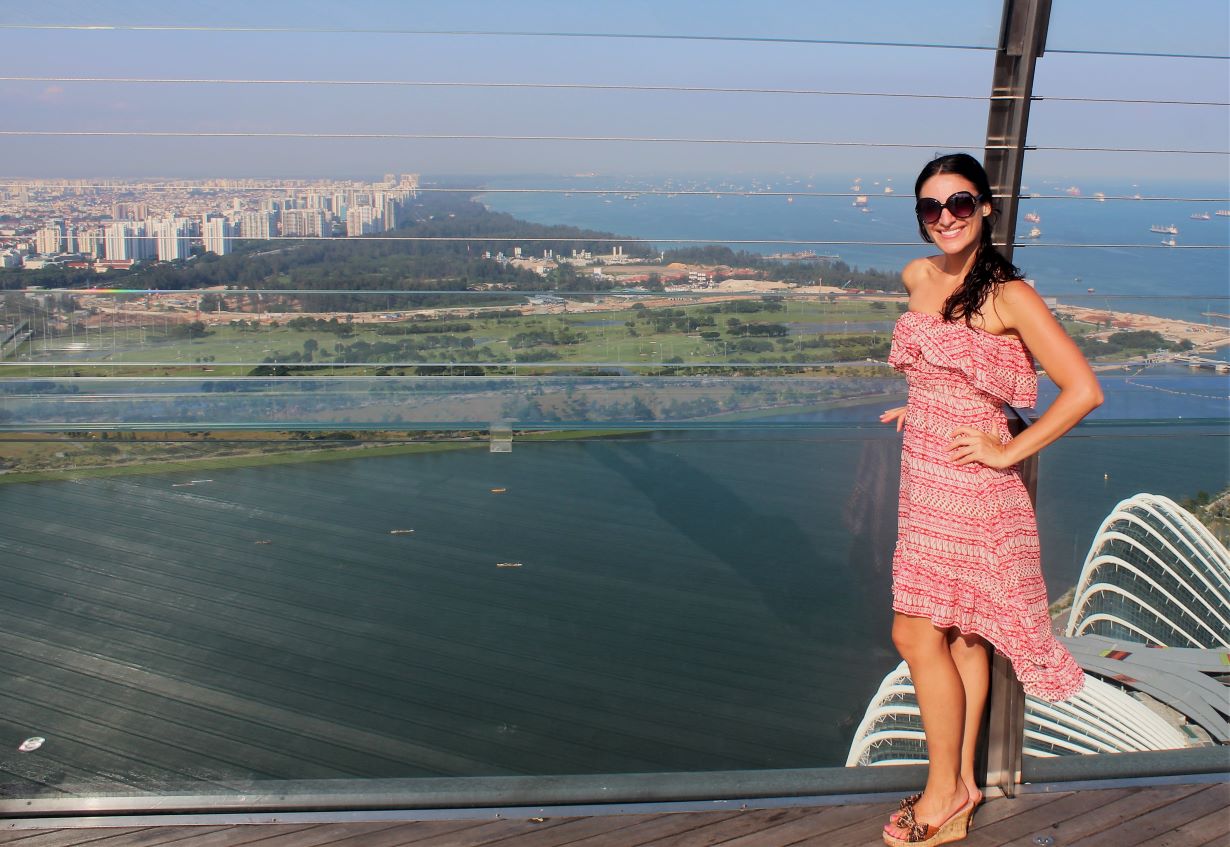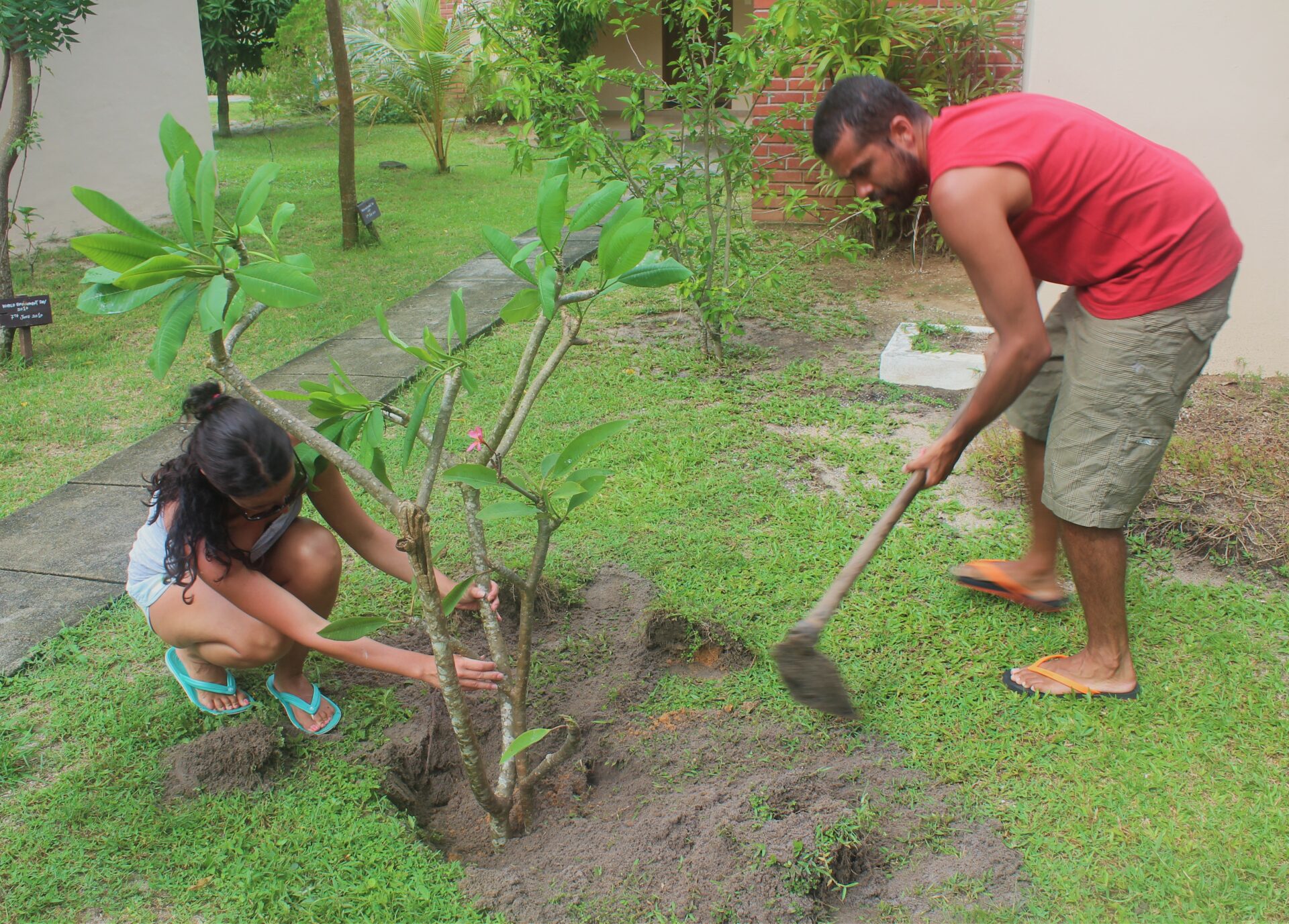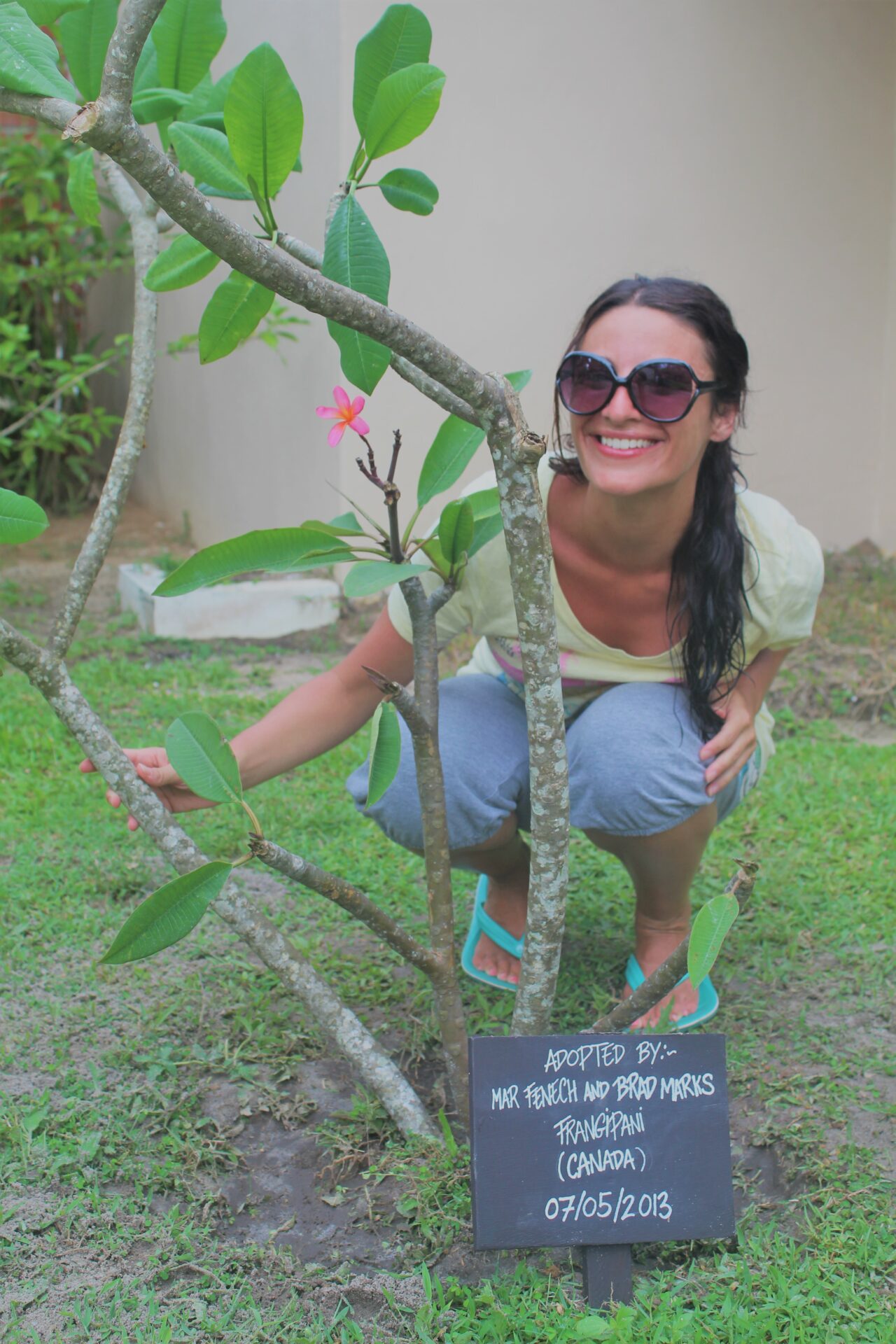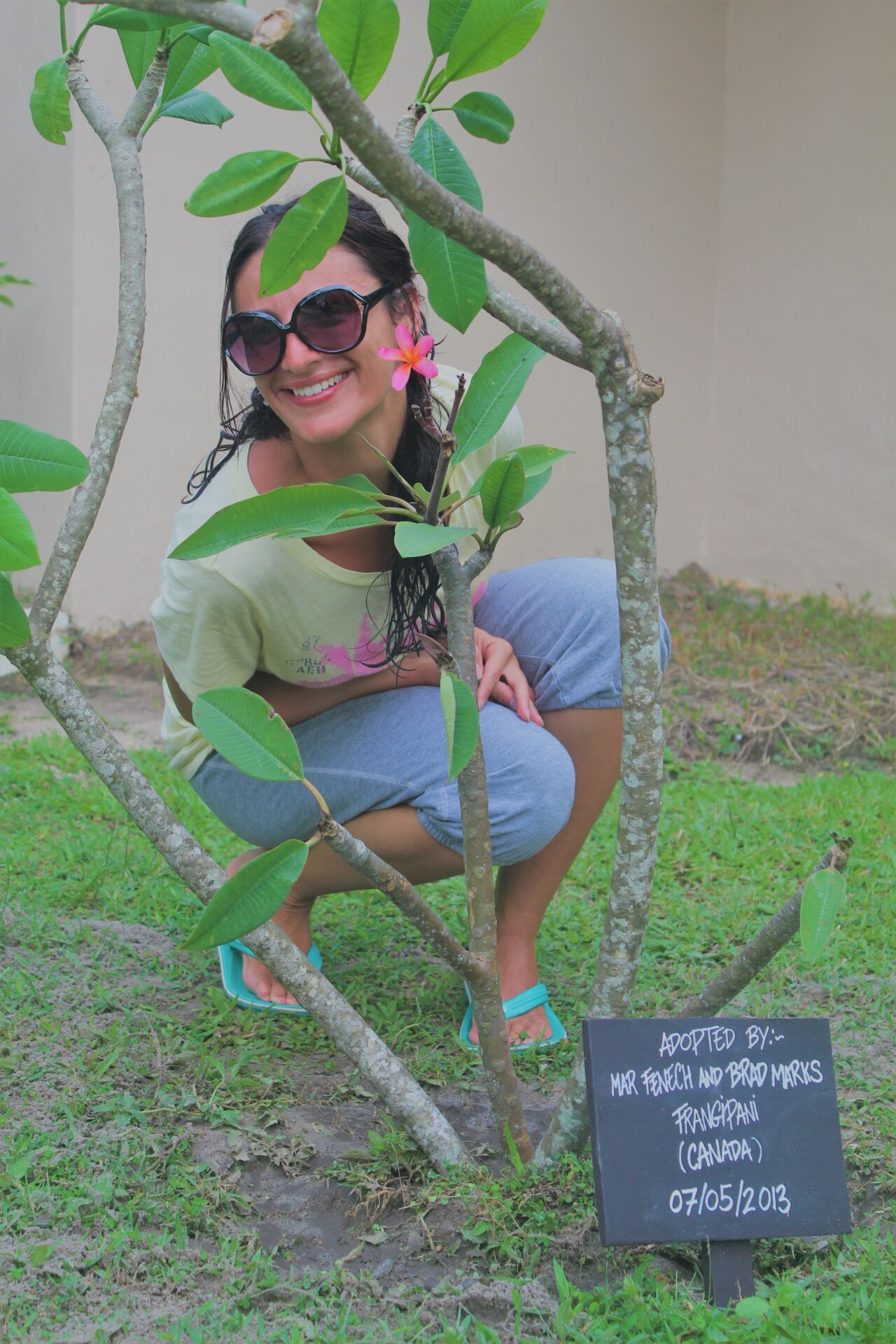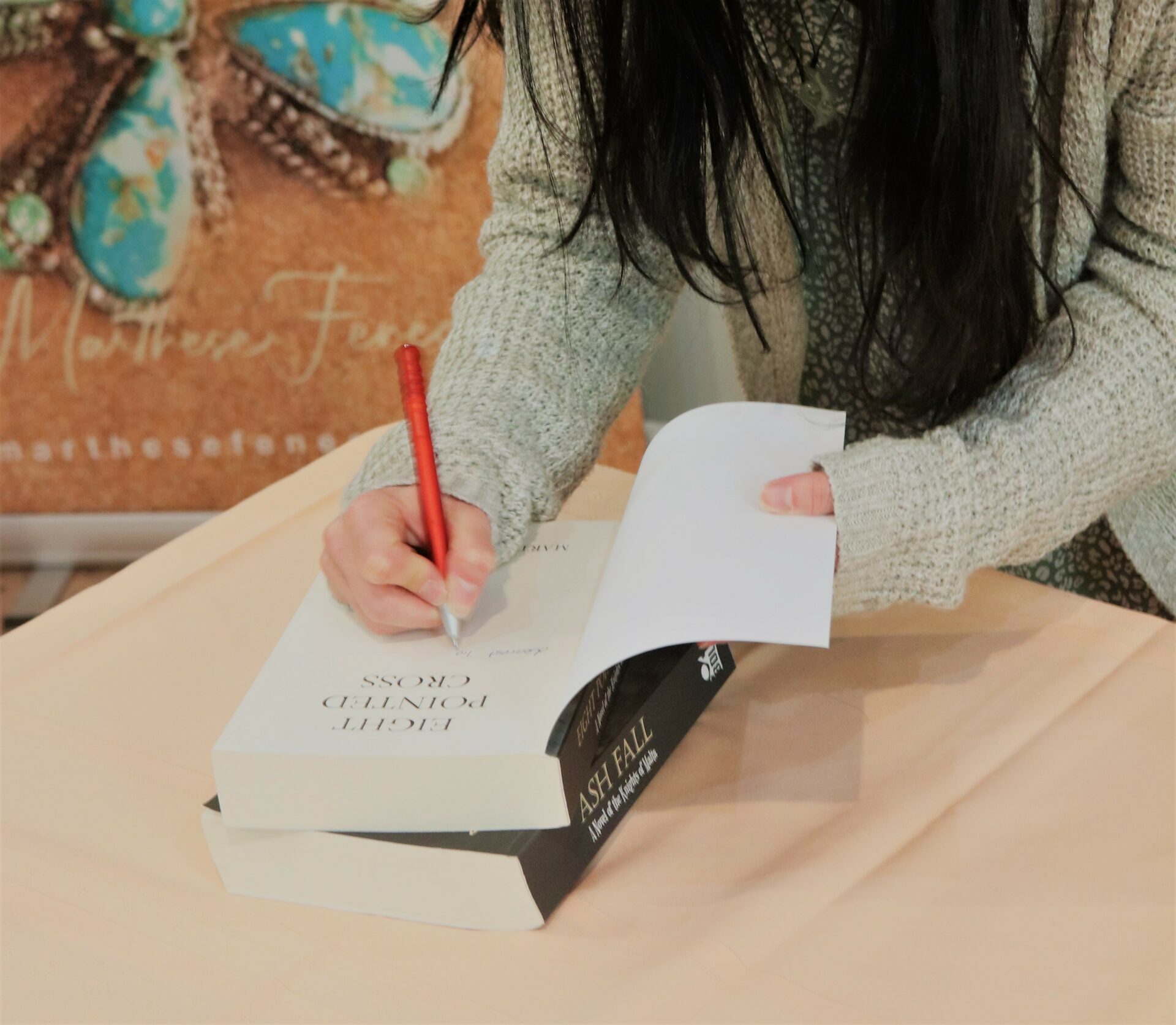We caught up with the brilliant and insightful Marthese Fenech a few weeks ago and have shared our conversation below.
Hi Marthese, so excited to have you with us today, particularly to get your insight on a topic that comes up constantly in the community – overcoming creativity blocks. Any thoughts you can share with us?
Creating images with words has always felt like a kind of magic.
But words are not always compliant. Sometimes they rebel. And the mind can be a terrible enabler.
Enter writer’s block, that horrible affliction whereby an author experiences a creative downshift.
I recall days spent staring at a blinking cursor on a blank page, overcome by the urge to tip my laptop off my desk onto the floor, where my dreams already lay in so many pieces.
Years ago, I was about to start work on the sequel to my first novel, Eight Pointed Cross, when my husband was offered a job assignment overseas. We relocated temporarily to Southeast Asia. I embarked on this adventure with a new laptop, blank notebooks, and plots “already written in my head,” as I used to say.
Twenty-six hours after departing Toronto, we arrived in Singapore, a tropical paradise spilling with orchids and palm trees and seemingly endless inspiration. It struck almost immediately: a debilitating bout of writer’s block.
People sometimes assume that because I write historical fiction, I have immunity against writer’s block. Indeed, history supplies the framework, but I weave the plot—connecting my fictional characters to the actual history.
Had the decade of researching, writing, and revising Eight Pointed Cross hollowed me out?
Had my characters anything left to say?
Worse, did I even care?
Despite the opportunity to write uninterrupted, a veritable gift to an author, I couldn’t jot down a single sentence.
I recall my first day in Singapore with vivid, agonizing clarity.
The sun had just risen, colouring the hazy sky. I sat at my ultra-modern glass desk, situated before a wall-to-ceiling window that offered an encompassing view of the cityscape. I stretched my arms overhead in preparation for a marathon writing session, opened a new document in Word, got set to strike the keys—and blanked.
I inhaled. Shook off the initial flutter of panic. Probably just the jet lag. I went to the gym—movement should get the ideas churning.
An hour later, I returned to our apartment. Wrote a couple words. Deleted them. Stared at the screen. Nothing. Just that annoying, blinking cursor.
A walk might help.
It didn’t.
The following day trickled by much the same. As did the one after. And the one after. My days ran together in a seamless blur of frustration, blankness, and self-doubt. And irksome, blinking cursors.
Distractions beckoned—and met with no opposition. My suitcase still needs unpacking. I should probably organize the towels. Maybe refold the laundry? I really ought to dust and vacuum. (We were staying at a serviced apartment).
When made-up chores ran out and cabin fever set in, I wandered Orchard Road to my favourite outdoor café, My Art Space, where I’d read novels by authors who actually managed to finish their books.
I opted to do anything but try to write because anything was better than staring at the white nothingness on my screen.
One evening at a Starbucks patio, I had a mini-meltdown over iced Hojicha tea. My engineer husband carefully suggested I “pick a scene or character and just write something.”
Just write something. Well damn, why didn’t I think of that?
Of course he meant well. And, he was right.
My first draft need not be perfect. Rough copies never are. Neither are good copies.
Besides, perfectionism is the enemy of creativity. The drive to compose something flawless in my mind stopped me from touching my keyboard. And waiting for that elusive “inspiration” to strike? A sure-fire way to guarantee it won’t.
One overcomes writer’s block by writing.
So, begrudgingly, I took Brad’s advice.
I concentrated on one character and tried to write his story. The process focused my attention, even though the prose was stilted and the dialogue wooden. It read more like an essay, devoid of emotion. I upbraided myself for it, for squandering such a wonderful opportunity by throwing away this gift of time.
In hindsight, the pressure I put on myself to write deftly crafted scenes made it so I couldn’t write any scenes.
I needed that damn pill from Limitless.
I Googled if NZT-48 existed and where I could buy it. (It doesn’t).
Then, one afternoon as I sat at My Art Space with my hopelessly blank notebook and a pot of lavender-bergamot tea, a delectable scent drifted on the breeze from nearby frangipani trees. The sweet, floral fragrance awoke something within and a beautiful image blossomed in my mind. The image inspired lines of dialogue. Which inspired an entire subplot. And just like that, a deluge of words rushed forth.
I will never forget that wondrous scent that somehow lifted the fog.
I scrawled a note to myself so I would always remember that precise moment, that precise smell. And to serve as a reminder that blocks are temporary things.
They can be smashed to bits or gently nudged aside.
In thanks, I planted and adopted a frangipani tree in Langkawi, Malaysia at the Frangipani, an aptly named Eco-resort on the shores of the Andaman Sea.
From that day on, I felt lighter. Hopeful. Motivated. I no longer looked for excuses to justify my procrastination or for sh*tty movies on HBO to occupy my time. I scribbled constantly and happily in my notebook, which I carried with me everywhere.
That’s not to say I have not had moments of writer’s block since. But I have learned what works for me when facing down that cold, callous blank screen.
Here are ways I chisel that block:
I lose myself in nature. Surround myself with quiet, living things—plants and flowers and trees. Listen to them breathe.
Get to the ocean or lake or river as much as possible. Listen to the water chortle.
Read.
Edit existing scenes to reawaken the thing inside me that needs to tell the story. Revision engages the literary muscles and gives rise to new ideas.
Tackling a blank page is intimidating. The same feeling of uncertainty assails me every time I begin a new project, a new blog post, a new chapter. The moment something is down on the page, however, I love to edit the hell out of it—to play with the words, add detail, add humour. The process immerses me in the scene, reconnects me to the story and the characters, and almost always results in the creation of something new.
Actual exercise is just as helpful. Momentum pushes me out of the doldrums. Physical exertion gives me perspective and opens up my mind to so many creative possibilities.
Sometimes when I’m paddle boarding in a cove, a scene may unfold in my mind. Hiking also provides a great opportunity to work out the details of a setting as I take notice of the sensory details around me—the way the light falls, the way the wind rustles tree branches, the smell of the air just after the rain, the sensation of salt dancing on my hand, the taste of heavy mist. That will crush writer’s block underfoot.
Before COVID-19 grounded us in early 2020, my husband and I spent several weeks in New Zealand, and if there was a peak that could be summited, we went for it. Pushing past my edge is invigorating and very rewarding from a creative perspective—whether it’s a tough race, a 20km hike over volcanic alpine terrain, catching a wave, or snowboarding an advanced run, the ideas flow because the emotion and exertion these activities elicit can be applied to any scene.
Going for a run also helps me break through these blocks. Some of my favourite scenes have developed during a jog. The key is not forgetting my ideas before I make it home—inspiration to run faster.
I howl with my husky.
I go a few rounds on the punching bag.
Figuring out the time of day that serves best for creative endeavours has also proven beneficial. For me, writing new scenes comes easier in the early morning, while I find the afternoon or late evening optimal for editing.
Another useful device to tackle writer’s block is music. Epic scores guide my scenes, kindle intricate, emotional passages. The right soundtrack helps me pace battle scenes and take the quieter scenes slow and delicately. Music inspires work that reflects deeply felt, nuanced sentiments. The result is often more authentic prose. Most of all, music can promote divergent thinking, a keystone of creativity.
Once the imagination is sparked, ideas bloom. Words get written.
My advice then, is this:
Brainstorm. Accept sh*tty first drafts. Say no. Say yes. Talk to a friend. Watch a butterfly. If you can, try yoga.
Walk barefoot in the grass. Take in the sun as it sets or as it rises or both. Lie on your back with your legs up against a wall. Get bored—creativity will rush in to fill that space. Revisit passages from your favourite novels. Read quotes that move you. (I am partial to pretty much anything Winnie the Pooh says.) Be gentle with yourself. List things about you that are awesome. Listen to music. Create your own soundtrack. Move. Explore. Observe. Write. Write some more.
And know you can create your art space anywhere.
Thanks, so before we move on maybe you can share a bit more about yourself?
I am of Maltese descent, and in July 2000, I travelled to Malta for a pre-college vacation. On a friend’s recommendation, headed to the capital city Valletta to check out the Malta Experience, an audio-visual immersive that showcases the island’s incredible seven-thousand-year history. The moment the Great Siege of 1565 played out on the screen, everything changed. Suddenly, the battle I’d heard so much about came to life for me as never before. The Siege tested the resilience and fortitude of this little island and its people in ways I could hardly comprehend. It’s an underdog story for the ages. And just like that, the idea to write a novel based on this epic battle took root. Only it turned into a trilogy because there was far too much to pack into a single book.
My journey in publishing imparted many lessons. As I worked through the first manuscript, I learned how critical it was to have an editor–someone other than a person who loves me and cares about my feelings. I was so fortunate to have worked with incredible mentors and editors along the way. I wanted to be that person for new writers. So, for the past few years, I have worked with private clients and publishing houses as an editor. Mant of the manuscripts I’ve worked on now occupy shelves in bookstores globally.
Now that I have made some tiny strides as an author and editor, my next venture involves the small screen. For years, I wished someone—a director, a producer, an actor—would contact me about adapting my novels. Then, it suddenly dawned on me that I am capable. I mean, I wrote them, after all. There’s a certain validity to the adage, “If you want something done…” So, I took a book-to-script course for authors interested in learning how to adapt their novels and wrote the pilot episode of a TV series, which has since placed first in screenwriting competitions and received excellent coverage. At present, following the resolution of the WGA and SAG-AFTRA strikes, the show is in development, with an Academy Award-winning director attached.
Looking back, what do you think were the three qualities, skills, or areas of knowledge that were most impactful in your journey? What advice do you have for folks who are early in their journey in terms of how they can best develop or improve on these?
Empathy helps me write effectively from various perspectives, hugely beneficial considering the cast of international characters on multiple sides of a conflict that dwell within my novels. With my editing clients, I exercise compassion, especially when it comes to couching constructive criticism in encouraging words. Empathy helps me to navigate difficult social settings and communicate in a way that allows people to feel seen, heard, and valued. Identifying with others has helped me as both an interviewer and an interview subject – I consider questions that would make a person open up rather than shut down, and likewise, I do my best to be present, thoughtful, and engaging when being interviewed. As for developing this skill, some people seem born empaths while others need to work at putting themselves in another’s shoes. I want to believe everyone is capable of empathy, but given the current state of the world, sometimes I’m not so sure.
Time management has proven critical in striking a work/life balance. For years, I taught high school while writing my trilogy, adapting my novels, and editing for clients, in addition to managing my website and newsletter. Yet, seldom did I feel stressed. Nor did I have to miss out on events due to work demands. I credit my ability to plot my schedule (and discipline to see it through) with providing me an abundance of free time. That being said, it’s only fair to disclose that I don’t have children and therefore, none of the obligations parents have. And, I have since all but left the teaching profession. Managing my time has been important to me for as long as I can remember as I always disliked the idea of procrastinating, which invariably results in feeling overwhelmed. From a young age, I just had to get things done – I was that insufferable kid who did all her homework on Friday so the weekend would be free. I’ve maintained that process. Admittedly, It can be frustrating at times, especially when I have to collaborate with someone who does not share the same approach (I hated group work in school for this precise reason). I suppose the best way to develop or improve time management would be to prioritize, be aware of what you’re spending your time on, and only multi-task if capable. Also, know when to take a break so the task does not become exhausting and thus, dreaded and avoided. Ultimately, it’s a question of what you value, what you want, and how you plan to make that happen. I value my free time and the feeling of being untethered, and to get those things, I need to organize my time efficiently.
Finally, I rely heavily on my research skills. As a historical fiction author, research is one of the most rewarding aspects of the genre. I love to dig into the past, to see what I might unearth, to see how it connects to the present. It’s not enough for me to read about a place or look at pictures. I need to immerse in it, its smells, sounds, and tastes; its languages, people, and pace. These sensory details then make their way into my scenes. The musty smell of a cellar, for example, might invoke a description of a dungeon. Studying journalism underpinned the importance of research, accuracy, and truth. Comprehensive, painstaking research is vital to effective storytelling, whether in journalism or creative writing. And the writer seeks and unveils truth, through fact or art or both. Moreover, my ability to research has led me to make great connections in the creative arts industry. Research also saved my life — two years ago, I was diagnosed with a debilitatingly painful condition and could not find a doctor in Canada who could help me. Research led me to a surgeon in Munich, Germany who specialized in a procedure that could treat my condition. And so, I traveled overseas mid-pandemic for life-saving surgery. When beginning a journey, remember that curiosity is your friend. Curiosity will inspire you to seek answers and research will reveal answers — or more likely, lead to more questions, an equally favourable outcome, as you get to do more research.
We’ve all got limited resources, time, energy, focus etc – so if you had to choose between going all in on your strengths or working on areas where you aren’t as strong, what would you choose?
Even areas I consider my strengths – writing, editing, research – have room for improvement. I work to hone those skills daily through practice, study, and feedback from those who do it better. Part of improving those skills involves developing the ones I lack, fear, struggle with, or don’t enjoy—areas such as marketing, promotion, and creating an engaging social media presence.
My second novel, Falcon’s Shadow, was scheduled to come out in July 2020 amid the Covid-19 lockdown, With the many restrictions in place, I had to take the launch online. And while I can navigate in-person social settings with relative ease, I did not relish delivering a monologue to a camera for any great length.
For the months leading to my Facebook Live book launch, I forced myself way out of my comfort zone and learned. I took online courses and participated in countless webinars. I subscribed to marketing podcasts, reached out to social media experts, and followed authors who seemed gifted at fostering online engagement. I practised my launch script both on and off-camera until I felt comfortable and sounded (hopefully!) natural when speaking. I went from not knowing what the hell a ring light was to wishing I could hold one out in front of me at all times.
Though I’d underestimated the amount of preparation needed for a virtual launch, the rate of return was massive. The launch itself ran about forty-five minutes and garnered thousands of views, pushing my novels back into number one and two spots respectively on Amazon. I cannot overstate how much I enjoyed the interaction. The launch allowed me to connect with people who would have been otherwise unable to attend an actual event—those overseas and those quarantined. Beyond Canada and the Continental US, I received emails from viewers in Malta, Australia, England, the Netherlands, South Africa, Puerto Rico, and St Vincent and the Grenadines. This experience taught me so much about using my existing skills as a scaffold to developing my not-so-strong skills.
If you’d like to read about everything that went into my virtual launch (or watch my blooper reel) you can check it out here: https://marthesefenech.com/a-virtual-book-launch-facebook-live/
While all the above helps service my career in some capacity, I do believe it’s important to be well-rounded and develop new skills for the sake of interest as well as to keep the mind engaged and challenged.
Recently, I subscribed to MasterClass to take screenwriting and filmmaking courses. But after completing those, I clicked on programs outside my areas of knowledge, such as business, environmental studies, hairstyling, and even cooking. Over the years, I’ve learned how to do things completely unrelated to writing and am so grateful as these new (work-in-progress) skills enrich my life – snowboarding, surfing, scuba diving, and rock climbing among them. I have also worked on becoming more proficient in languages other than English (with varying degrees of success).
Ultimately, I can’t imagine saying no to an opportunity to learn anything. I’m too curious. Also, I don’t like not knowing how to do something.
Contact Info:
- Website: https://marthesefenech.com
- Instagram: https://www.instagram.com/fenka33/
- Facebook: https://www.facebook.com/EightPointedCross
- Linkedin: https://www.linkedin.com/in/marthese-fenech-6763a841/
- SoundCloud: https://soundcloud.com/user-537249236
- Other: Reedsy: https://reedsy.com/mar-fenech
TikTok: https://www.tiktok.com/@fenka33
IMDb: https://www.imdb.com/name/nm12669286/
Amazon Author Central: https://www.amazon.com/~/e/B081FF9Z32
GoodReads: https://www.goodreads.com/author/show/6469162.Marthese_Fenech
